The Essential Guide to Maintaining Your Knife

A good quality knife is an essential tool for any cook, but keeping it in top condition requires regular maintenance and care. Proper maintenance of your knife will not only extend its lifespan but also ensure its performance and safety. In this article, we will explore some tips on how to take care of a knife.
Clean Your Knife:
After each use, it is essential to clean your knife thoroughly. Use warm water, mild soap, and a soft sponge to clean the blade, handle, and any other parts of the knife. Avoid using abrasive cleaners or scrubbers that can damage the blade. After washing, dry the knife completely with a soft towel to prevent rusting.
Sharpen Your Knife:
Keeping your knife sharp is essential to its performance and safety. A dull knife is more likely to slip and cause accidents. Use a sharpening stone, honing rod, or electric sharpener to sharpen your knife. If you are not confident in your sharpening skills, consider taking your knife to a professional.
Store Your Knife Properly:
Storing your knife properly is crucial to preventing damage and accidents. Avoid storing your knife loose in a drawer, as this can dull the blade and cause accidents when reaching for other utensils. Instead, use a knife block, magnetic knife strip, or knife roll to keep your knife safe and organized.
Use Cutting Boards:
Using a cutting board is essential to protecting your knife's blade and preventing accidents. Choose a cutting board made from a material that is gentle on your knife's blade, such as wood or plastic. Avoid using glass, stone, or metal cutting boards that can damage your knife.
Oil Your Knife:
Periodically oiling your knife is essential to preventing rust and corrosion. Use a food-grade oil, such as mineral oil or coconut oil, to coat the blade lightly. Avoid using vegetable or olive oil, as these can become rancid and leave an unpleasant taste on your food.
Handle Your Knife with Care:
Handle your knife with care to prevent accidents and damage. Avoid using your knife to pry open containers or cut through frozen foods, as this can damage the blade. Use the appropriate knife for the task at hand, and avoid twisting or bending the blade.
Taking care of your knife is essential to keeping it in top condition and ensuring your safety in the kitchen. By cleaning your knife after each use, sharpening it regularly, storing it properly, using cutting boards, oiling it periodically, and handling it with care, you can extend the lifespan of your knife and enjoy its performance for many years. Remember to always use caution when handling knives, and seek professional help if you are unsure of how to care for your knife.
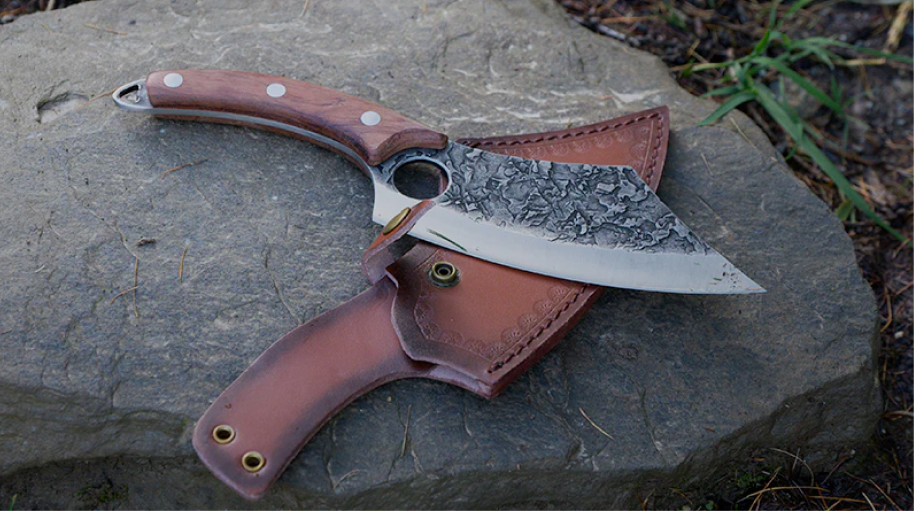
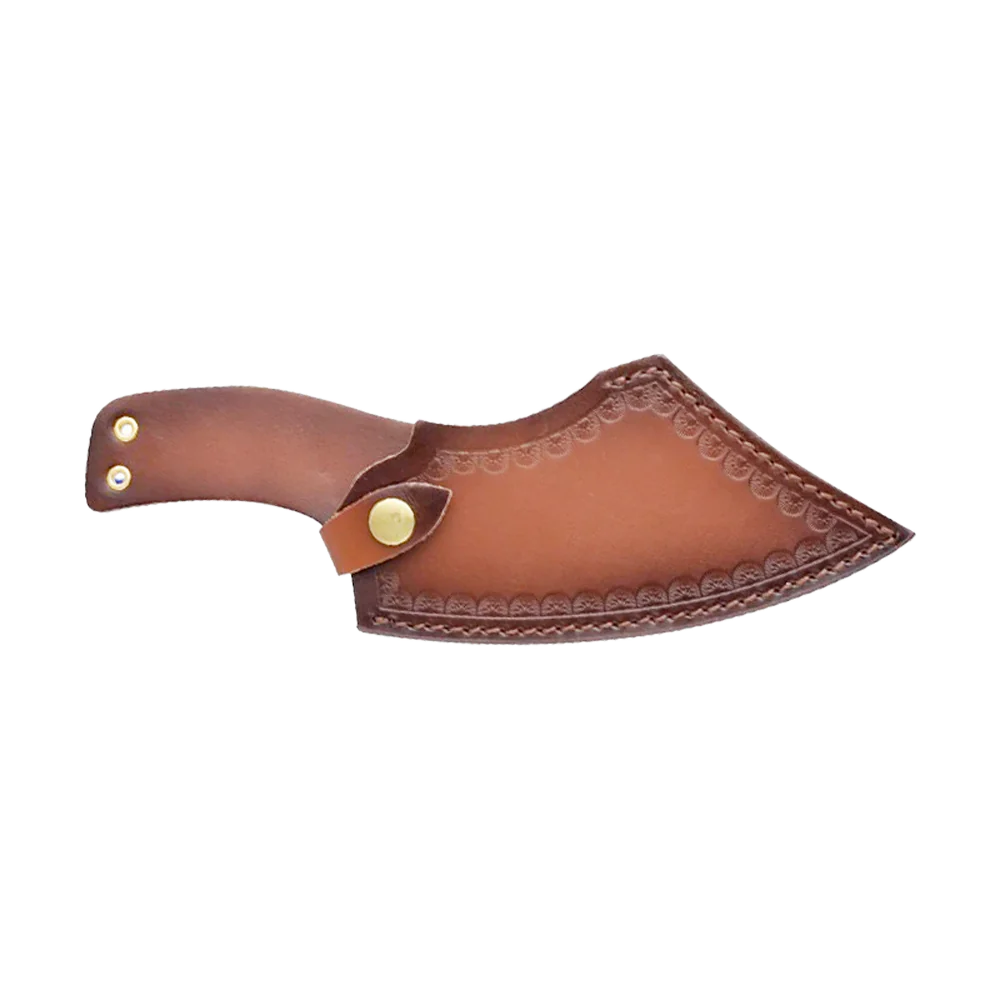
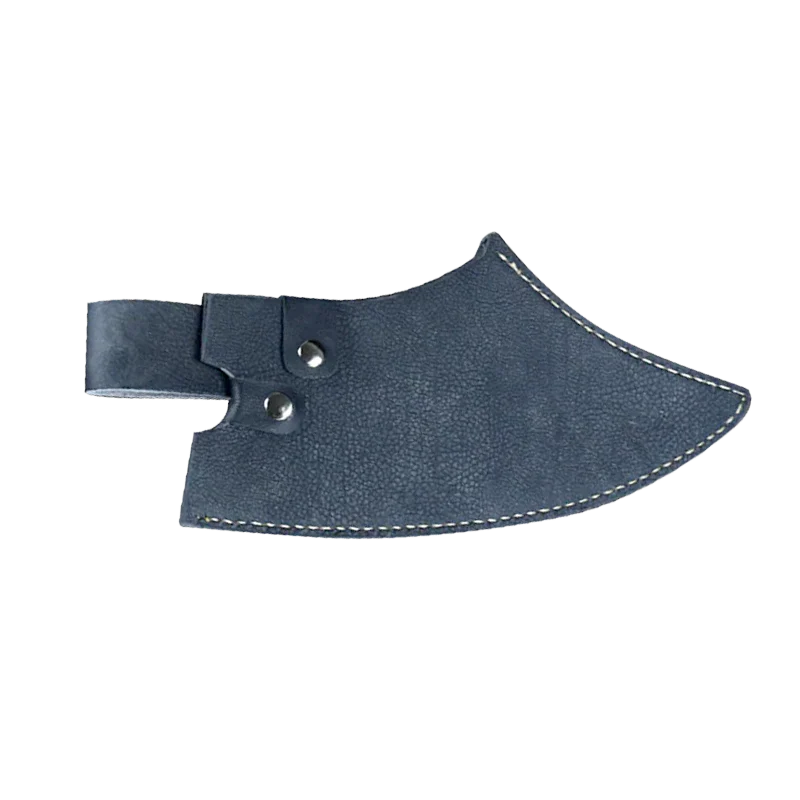
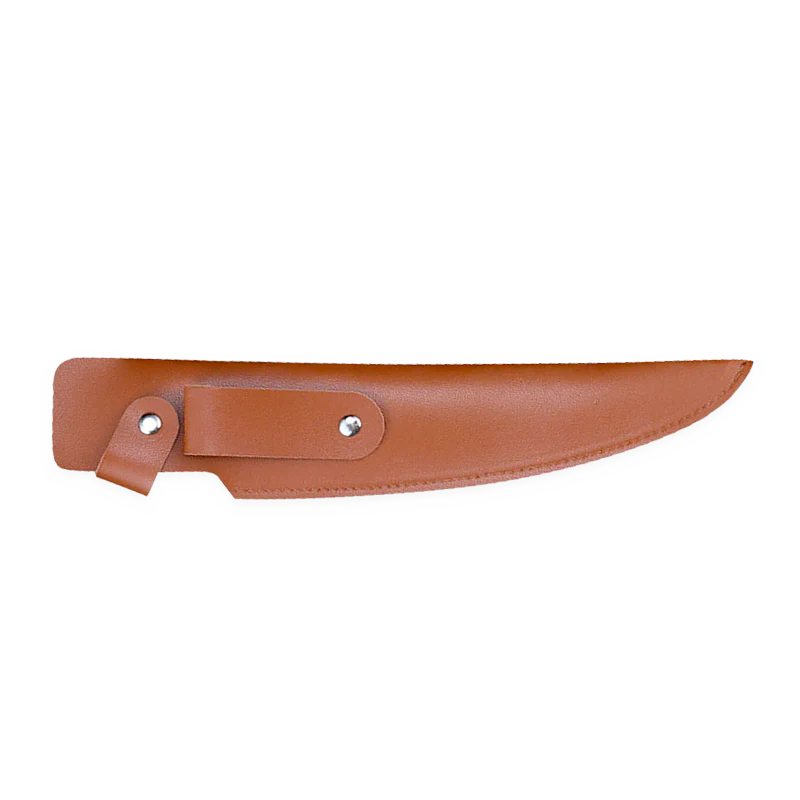
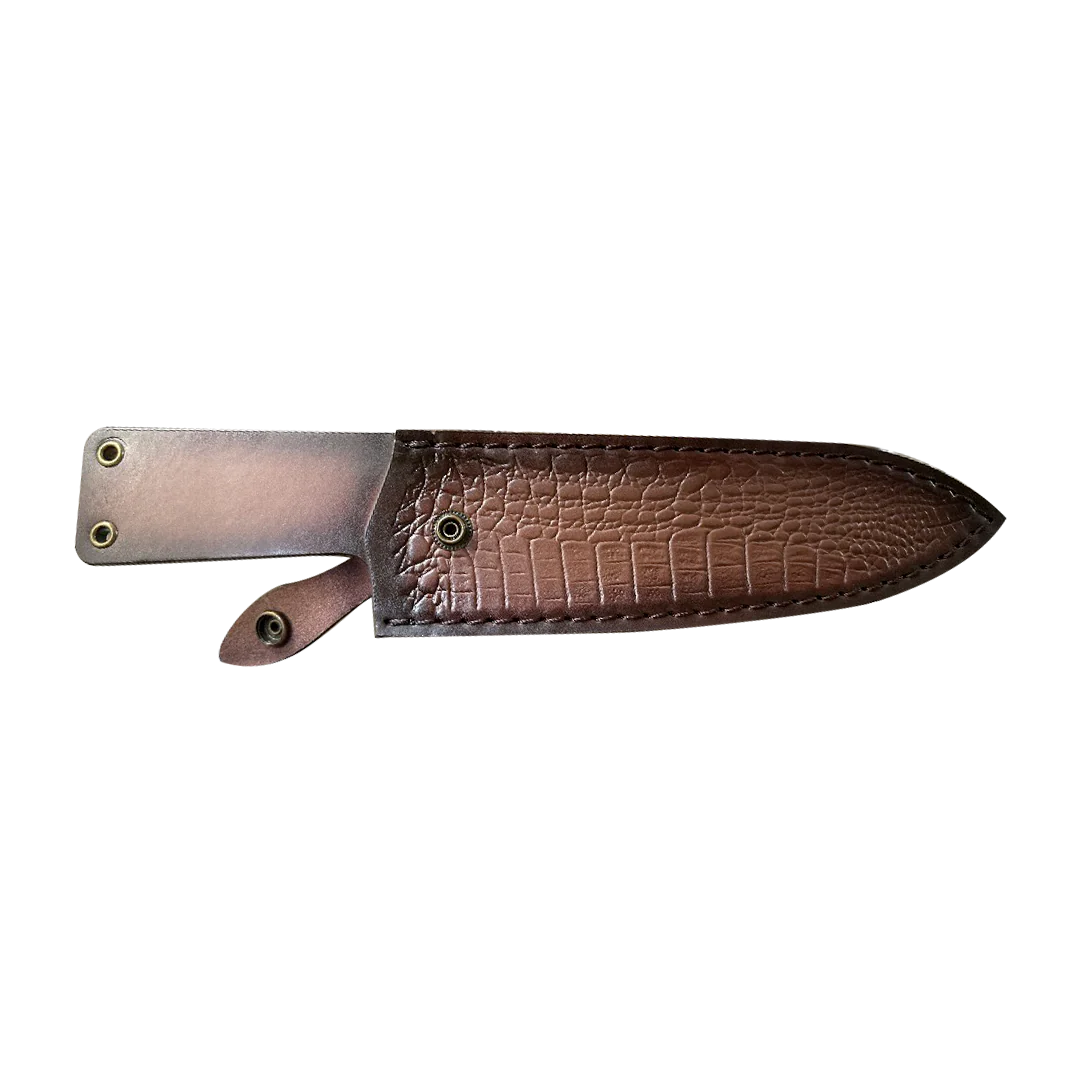
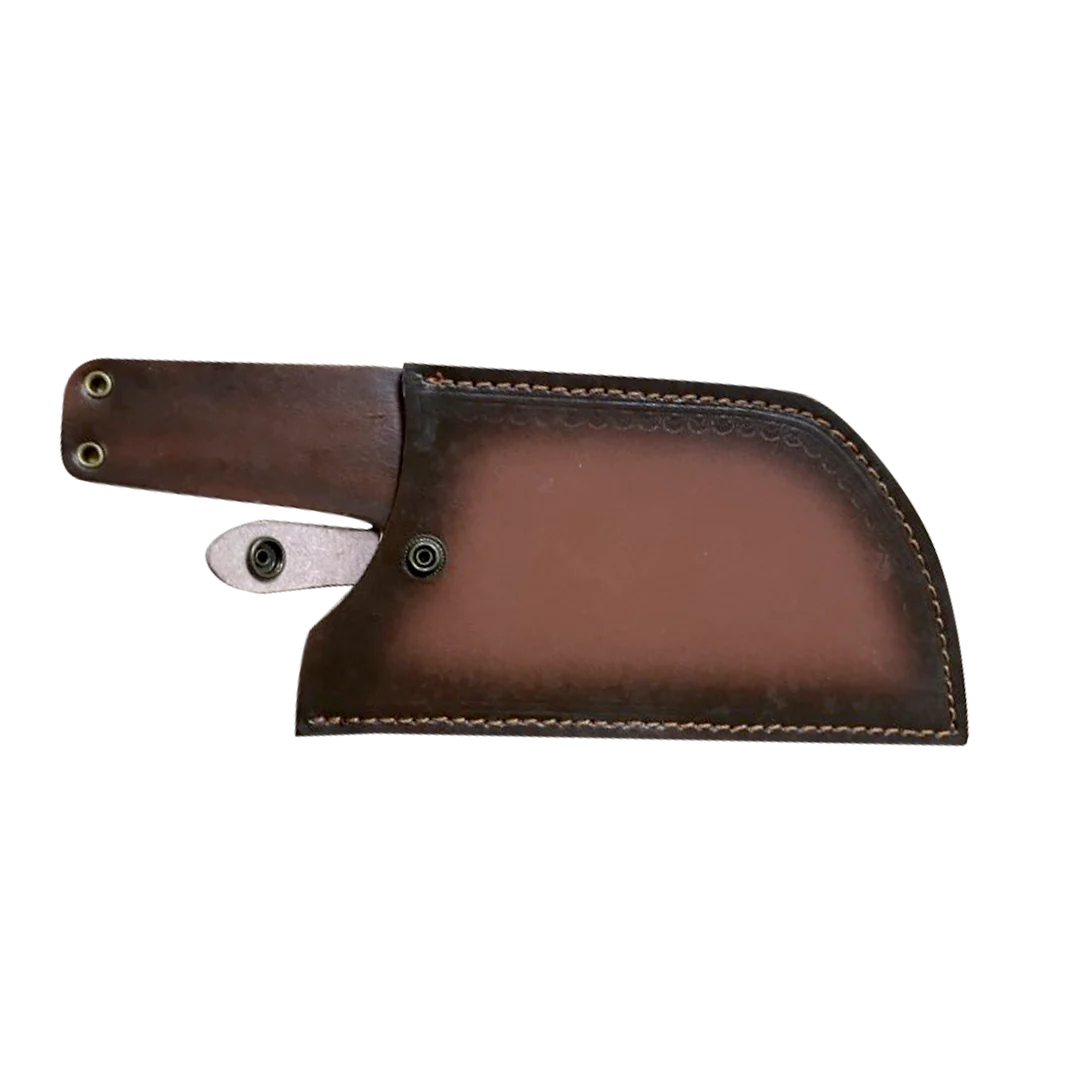
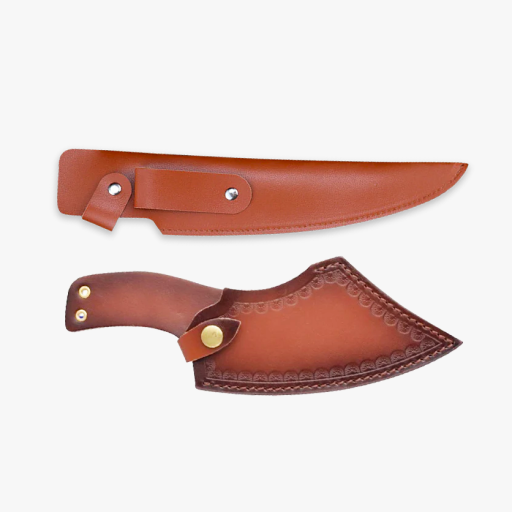
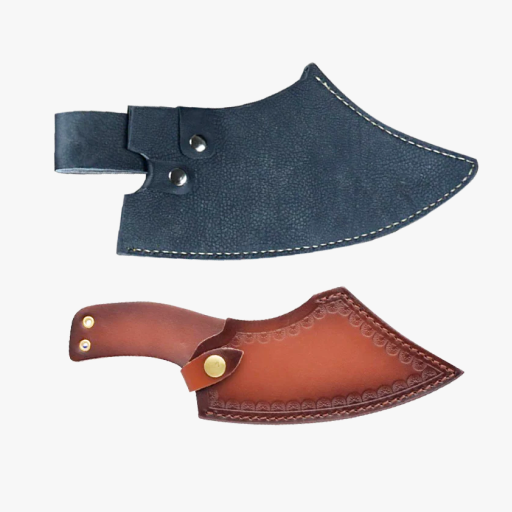
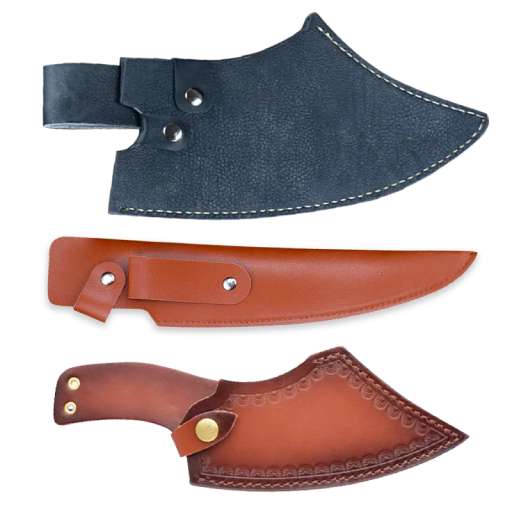
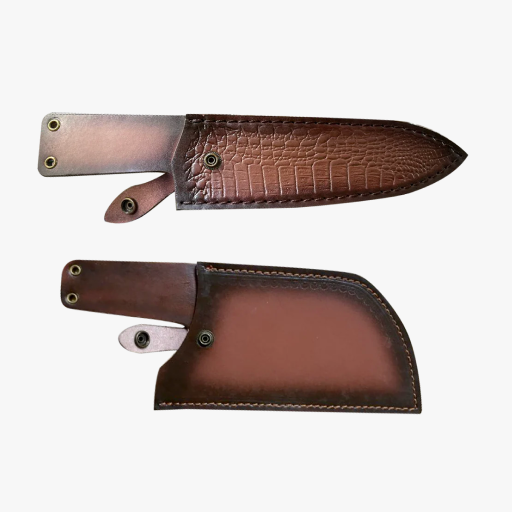
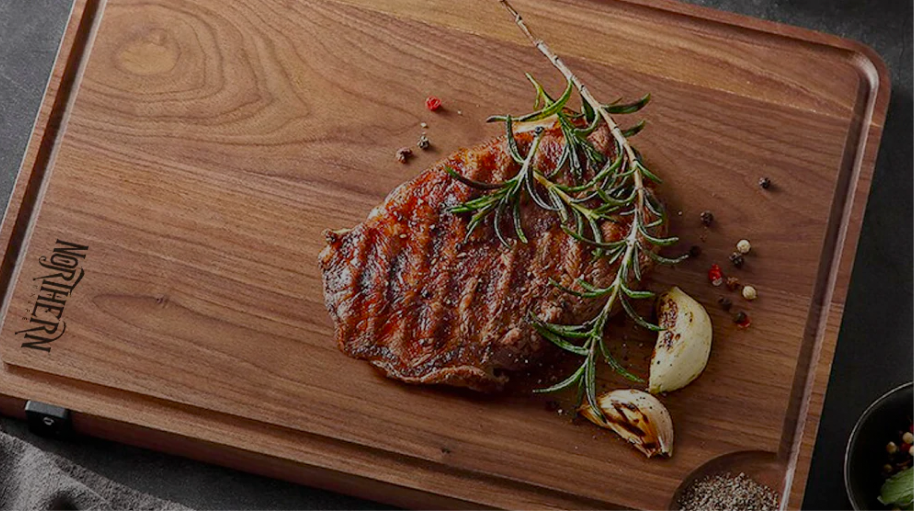
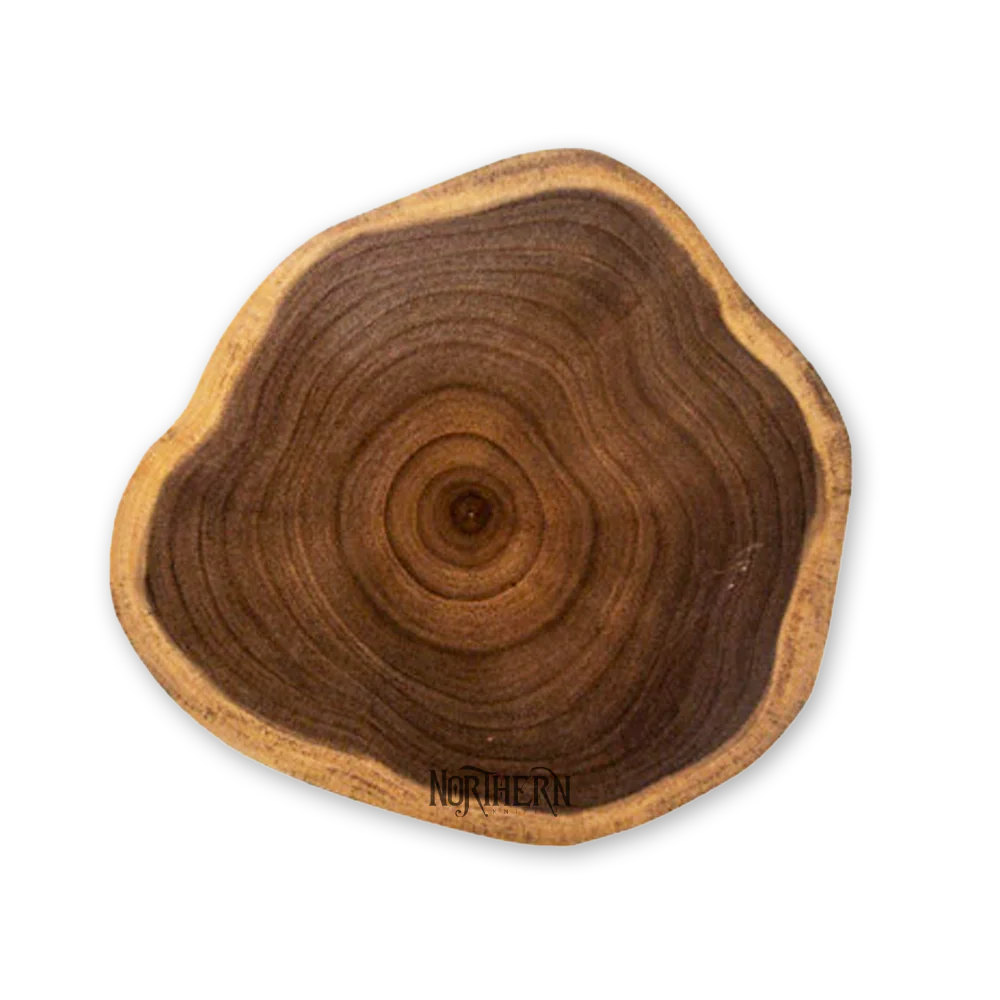
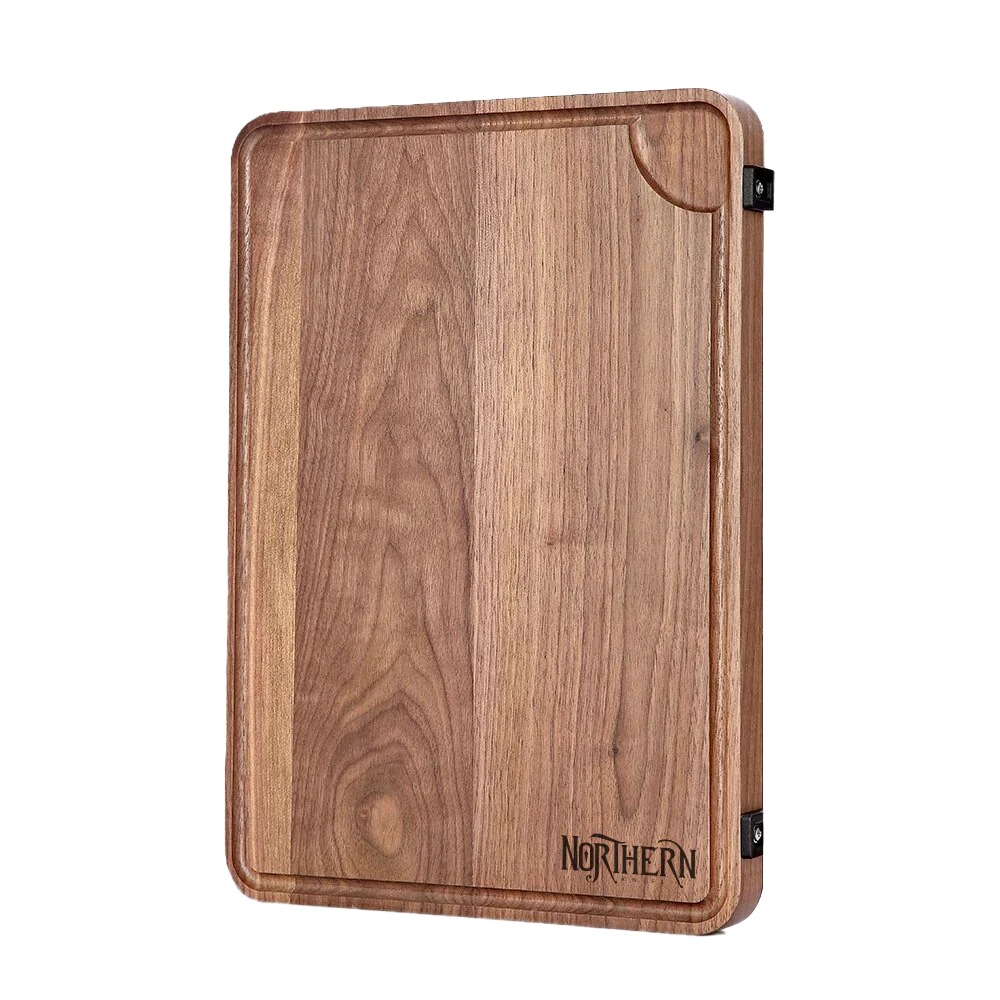
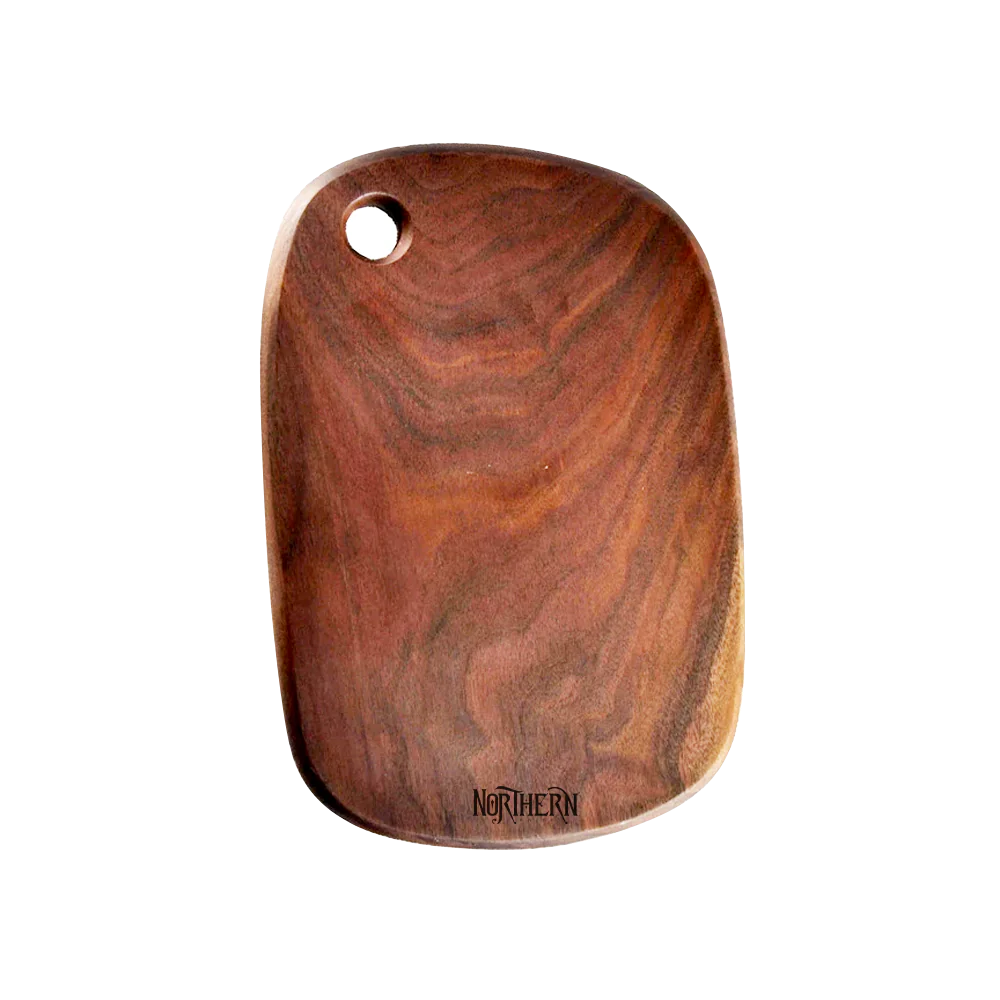
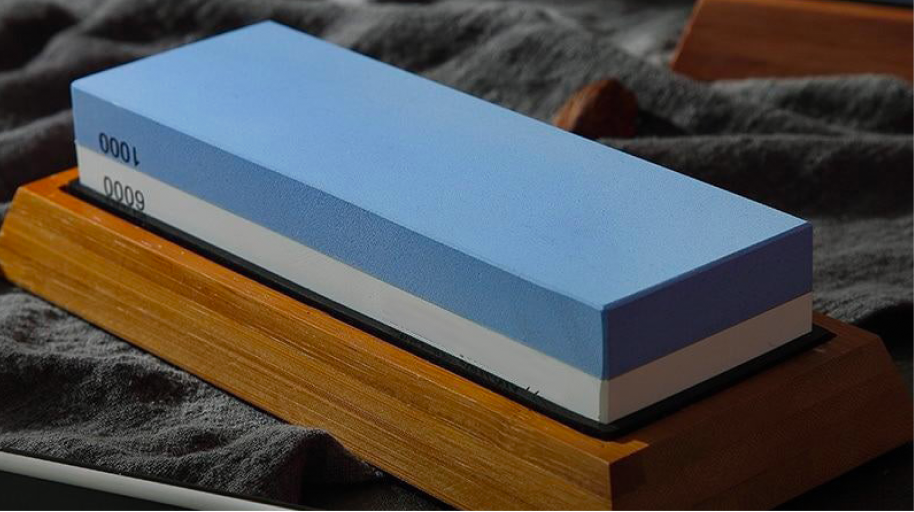
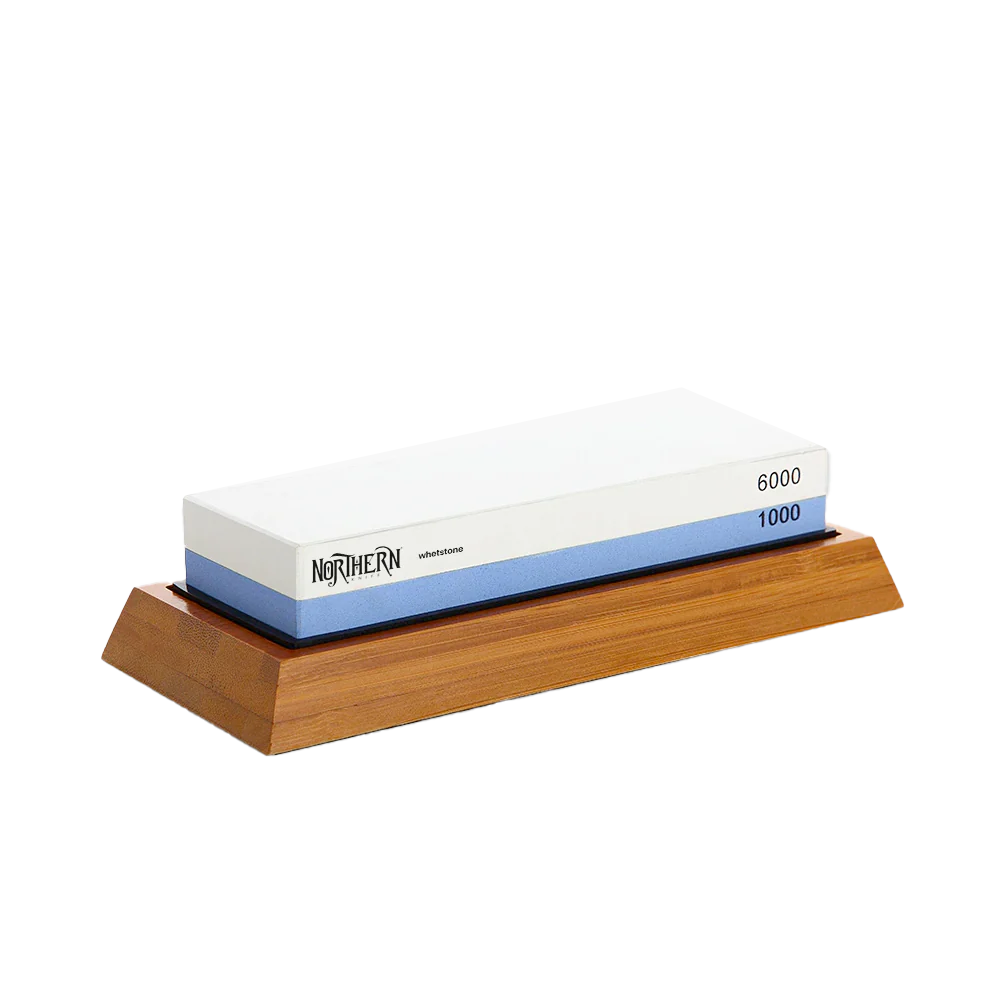
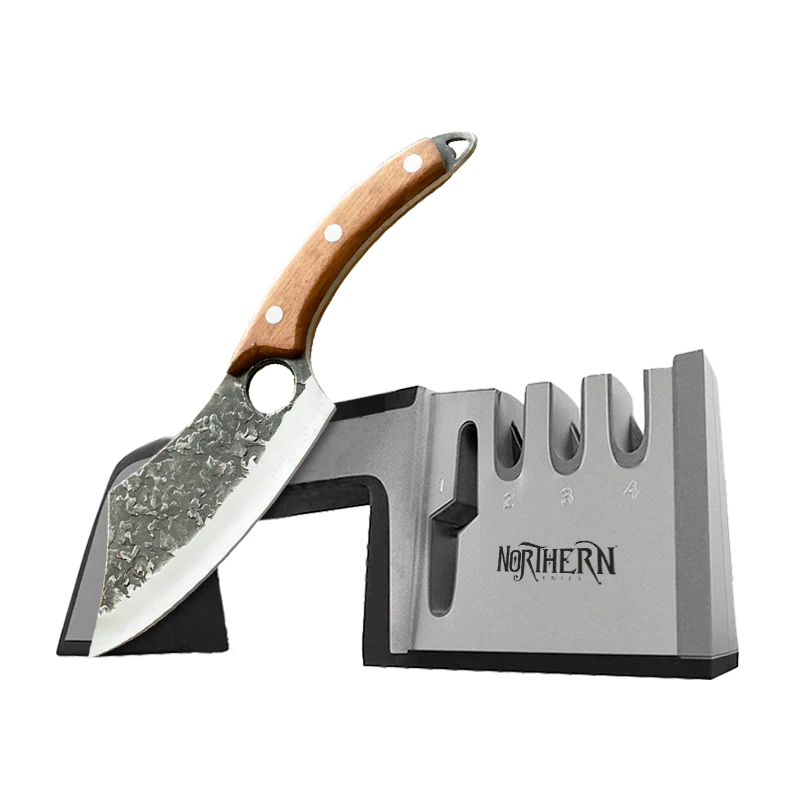
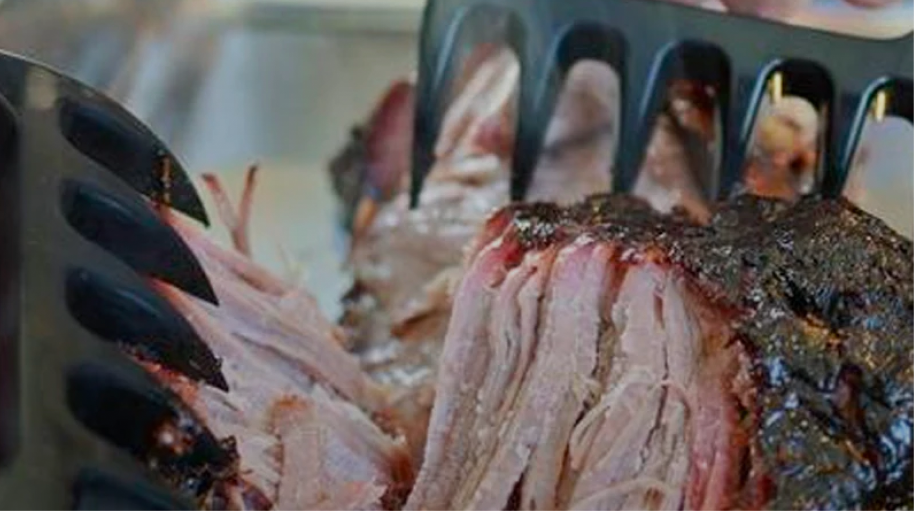
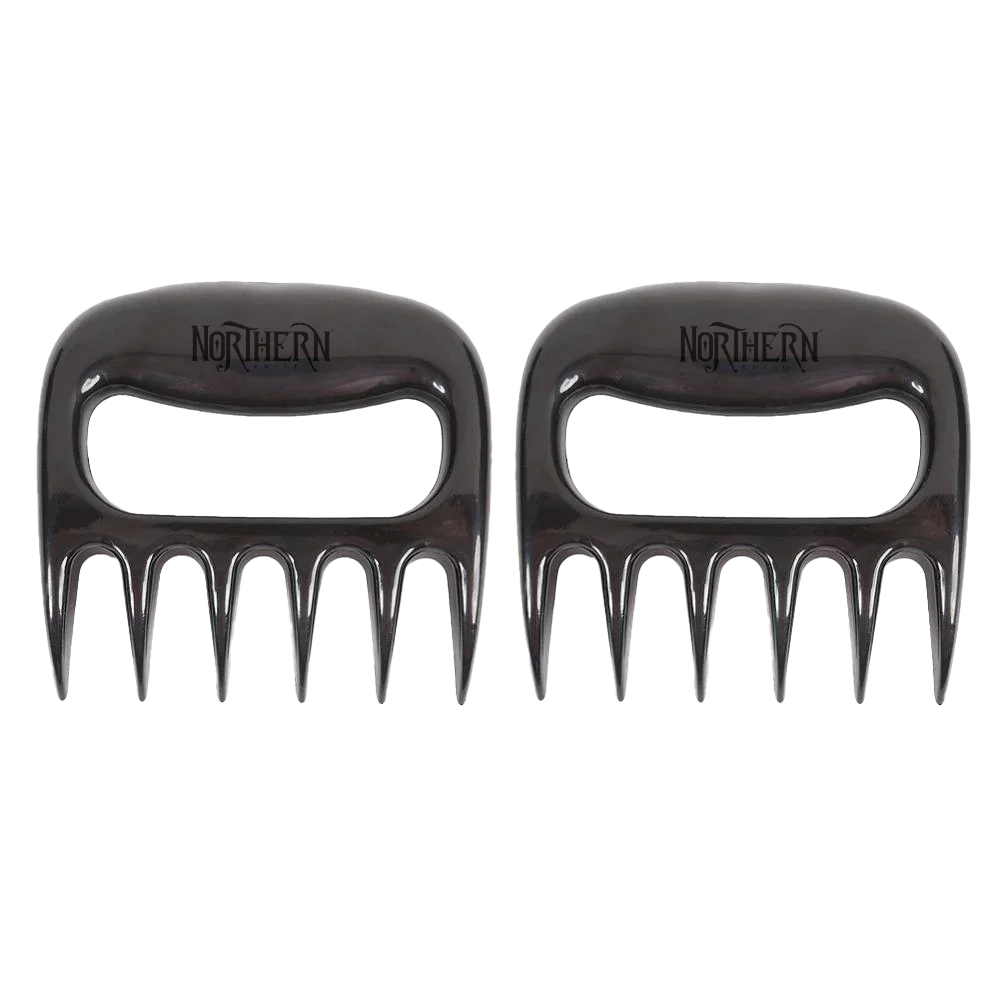
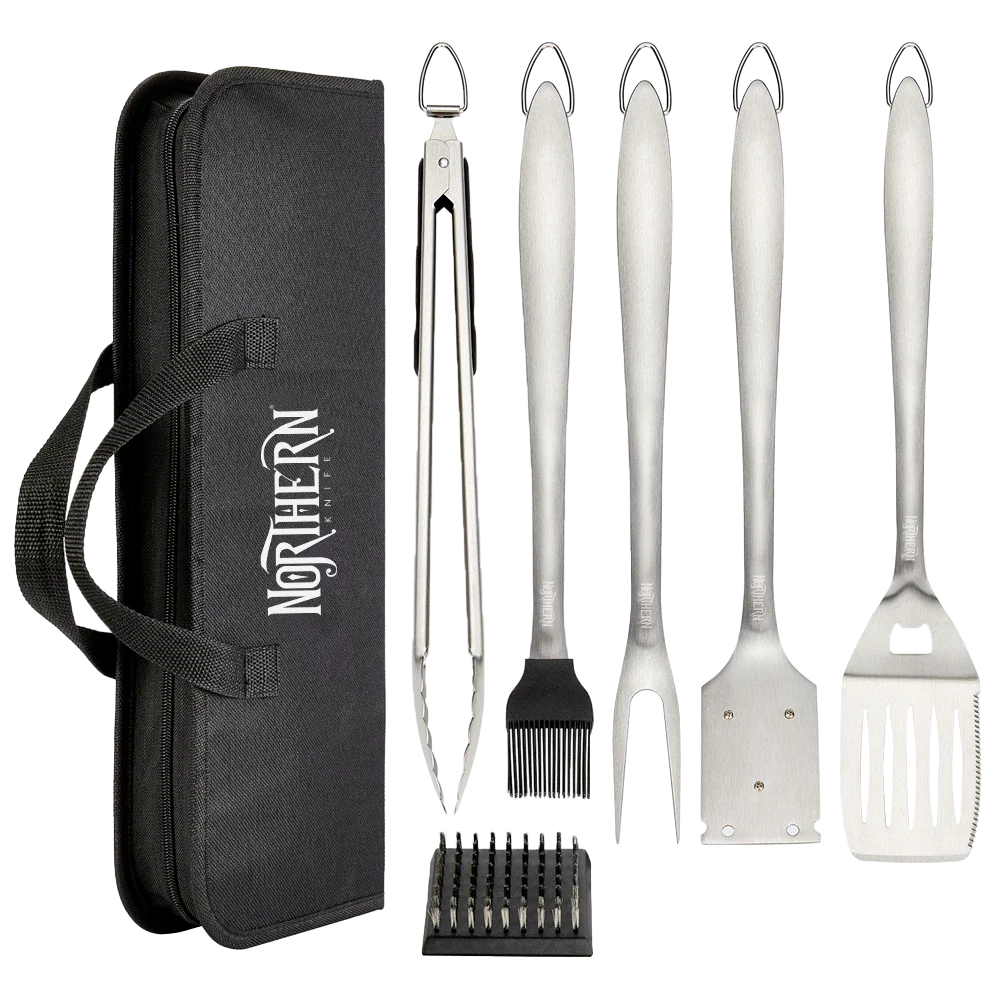
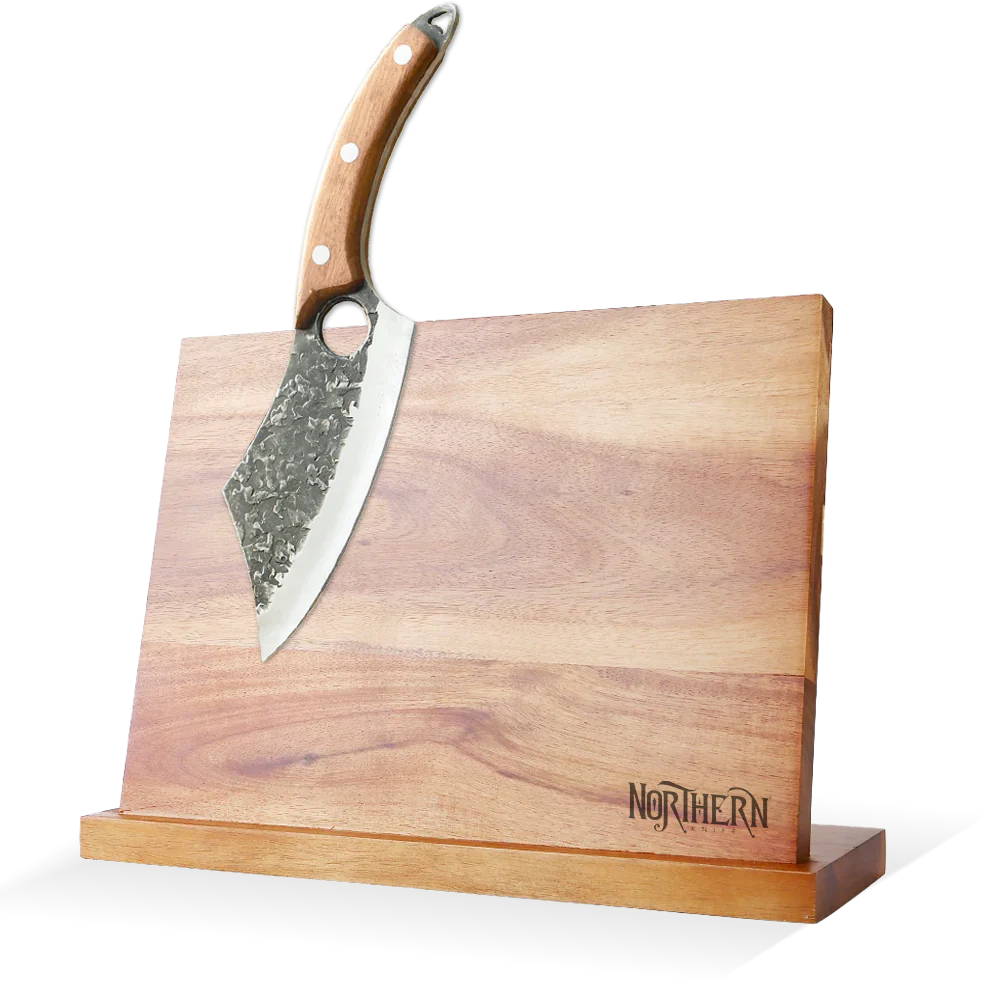
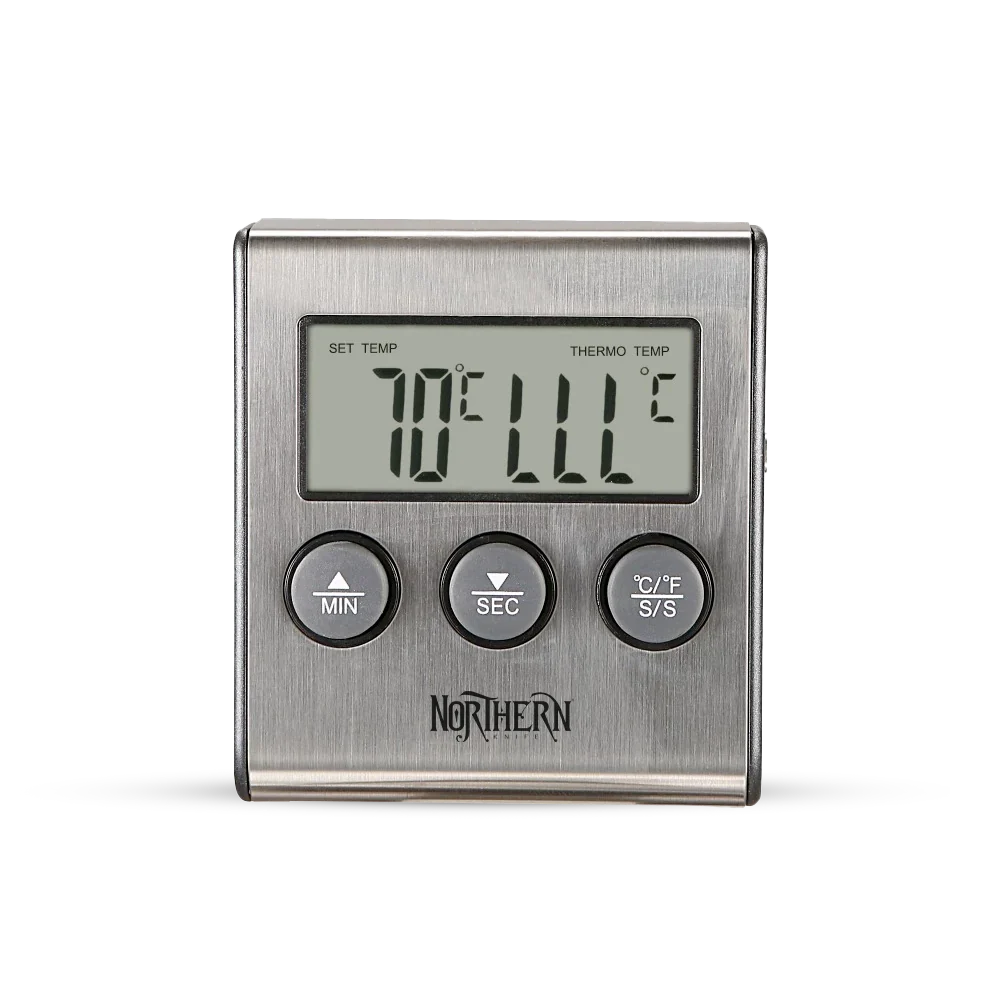
 United States - USD
United States - USD
 United Kingdom - GBP
United Kingdom - GBP
 Netherlands - EURO
Netherlands - EURO
 Germany - EURO
Germany - EURO






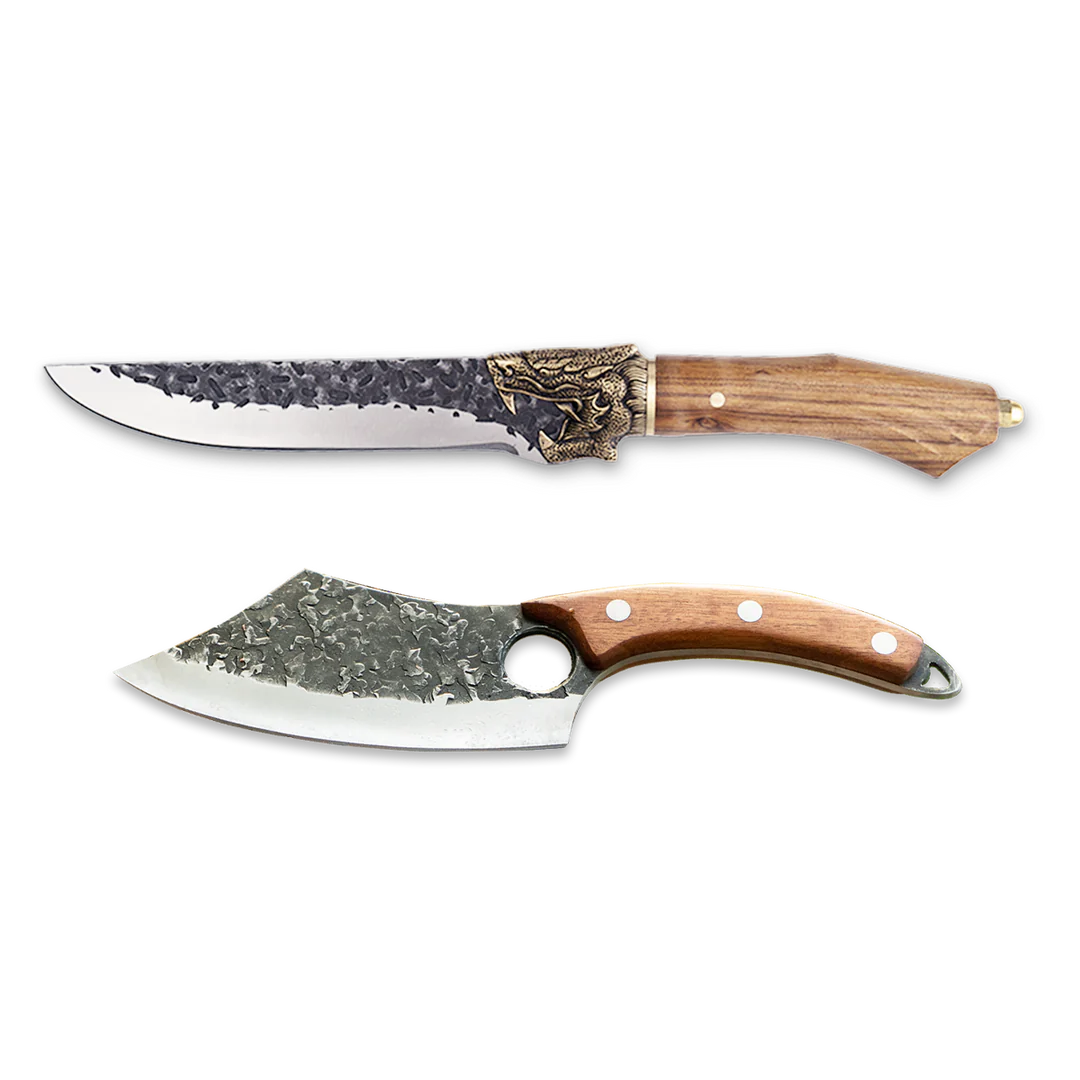

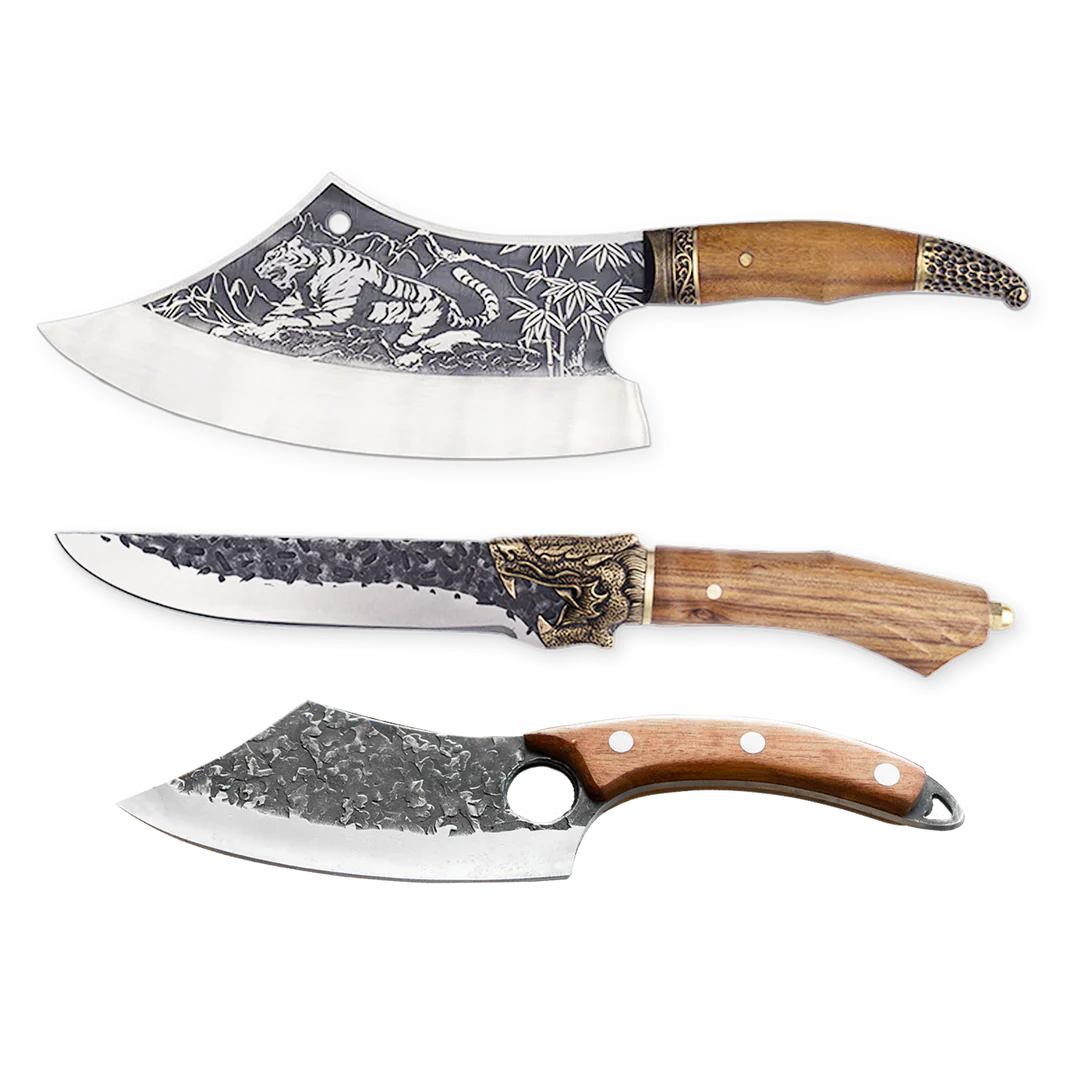
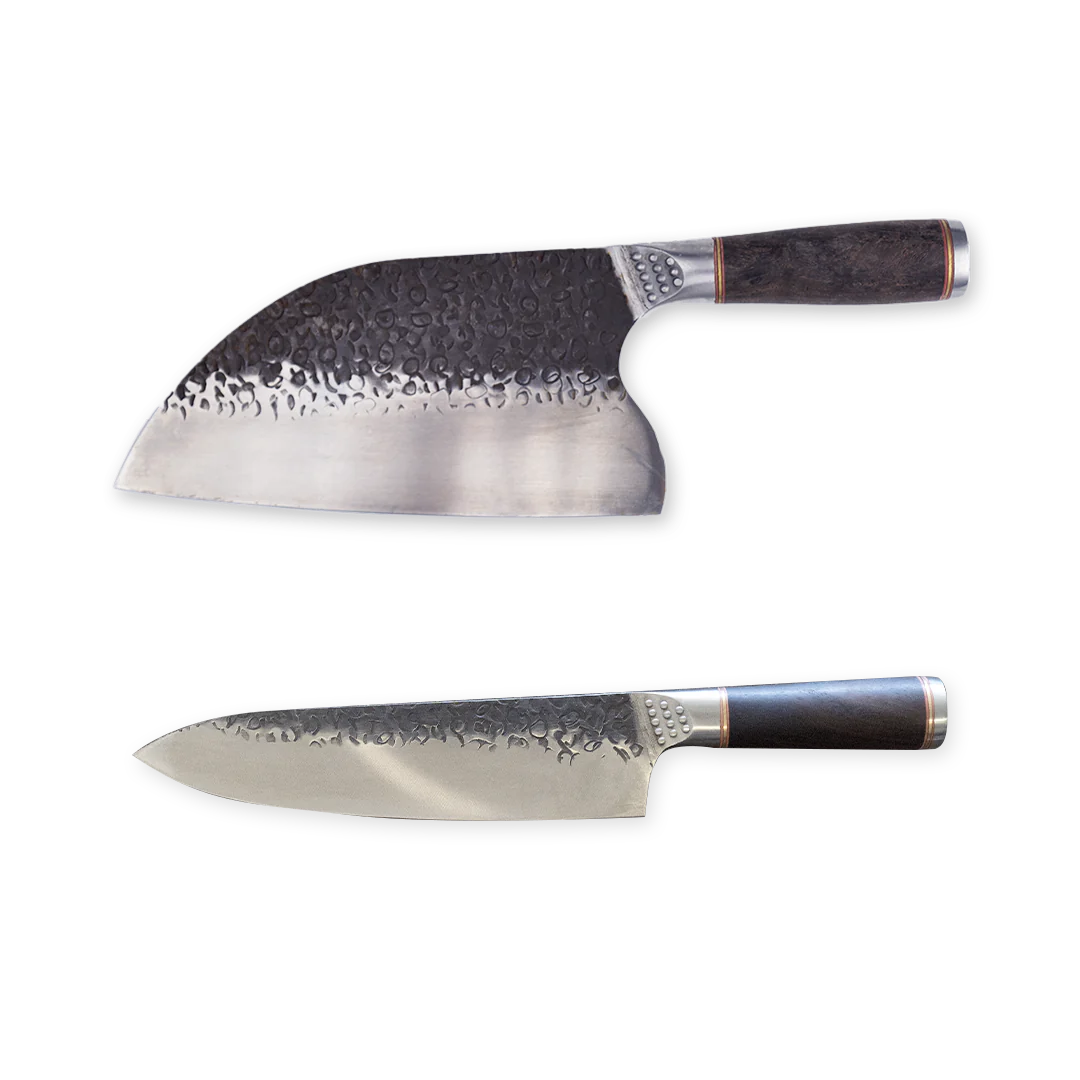

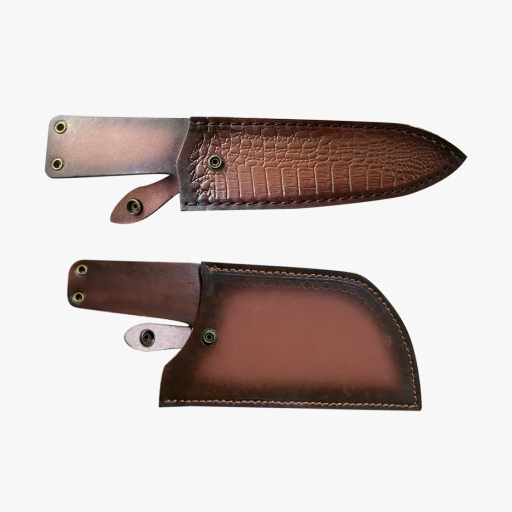
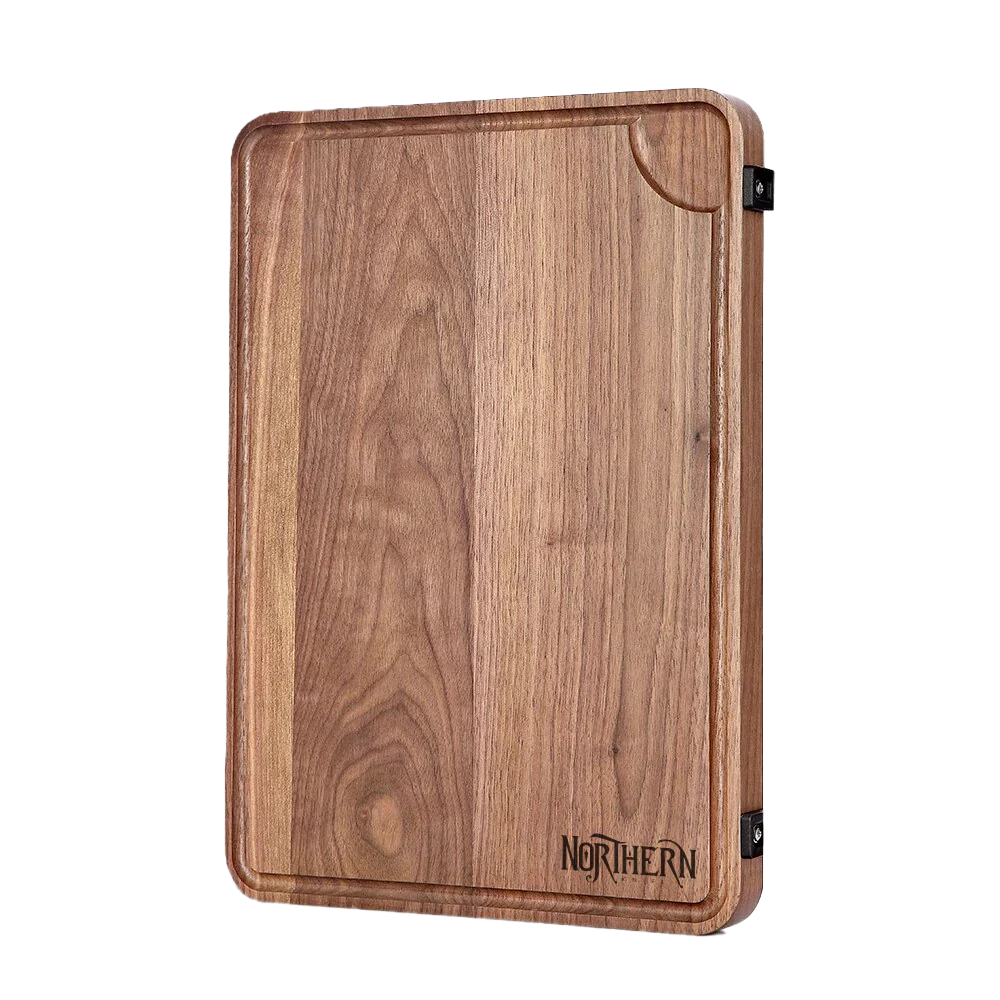

 Free Shipping
Free Shipping  Over 5000 reviews
Over 5000 reviews























Leave a comment